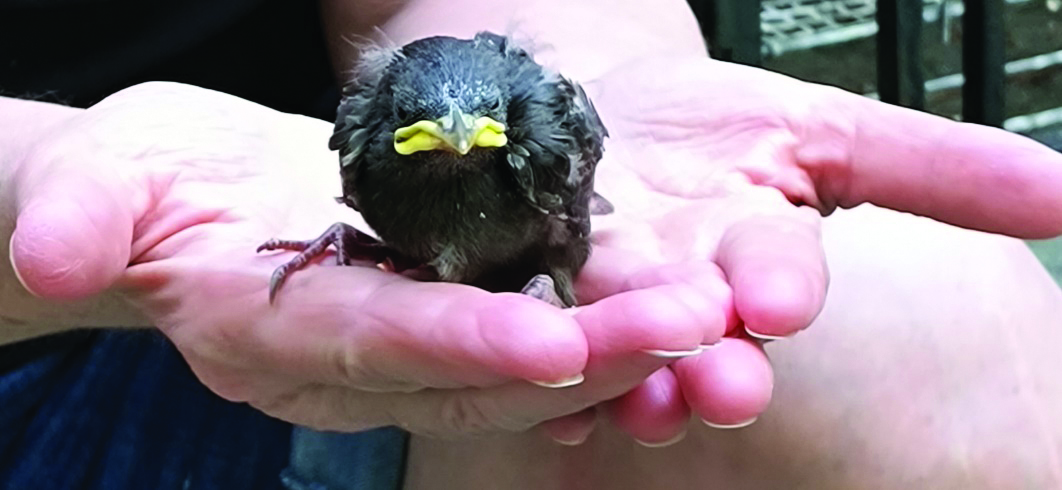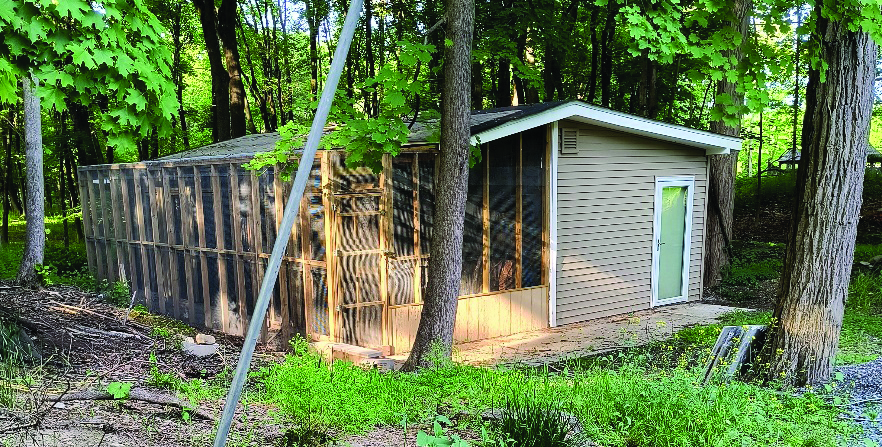
I was elated to finally meet one of my heroes: wildlife rehabilitator “C.” Sadly, I can’t use her name because she could lose her wildlife rehabilitation permit, so I’ll call her C. Why would she lose her permit? Because she rehabs little birds who need help – but the Bureau of Wildlife (BOW) prohibits the rehabilitation of some bird species. Sadly, they label starlings, sparrows, and pigeons “invasive species.”
Starlings are considered invasive because they aren’t native, though they’ve lived in the country since 1890, and yes, they eat crops, but so do other birds. They have no protection from people who want to kill them in unlimited numbers, and rehabbers who care about individual wildlife and wish to help them are denied the ability to do so.
Wildlife Watch’s Hotline – 877-WILDHELP – brings many calls from compassionate people who find injured or orphaned starlings and sparrows, yet, understandably, few rehabbers will take the risk of losing their permits. Wildlife Watch asks how in the world a rehabilitator who helps a little starling to survive can be a threat to the environment, farmers, and the planet? Let’s get real, we are talking about one little bird who, without help, would die and whose individual life can’t possibly harm the environment and could even help it! According to Wild Birds Unlimited, starlings play an important role in reducing the numbers of some of the major insect pests that damage farm crops: Fun Facts About Starlings
In spite of C’s vulnerability, she puts the birds’ lives before the potential consequences of helping them.
The little bird above was in C’s caring hands for only a short time. Two compassionate people who saw him walk into a store soaking wet, although it wasn’t raining, called our Hotline.
I volunteered to drive the bird to C as I had been wanting to meet her for a very long time.
When I arrived, C took the little disheveled being out of the box and the first thing this brave and compassionate rehabber told the little bird was how much she valued him.
Then C began to alternately remove the debris between the bird’s feathers and feed him, something his mother would have done.
C’s recently built flight cage was to be his final home before his release. He would have found a little family and would have been released with them to enjoy his life in the wild. Sadly, he didn’t make it. But, before he passed, C made sure that he knew his life was valued and that he was loved.


